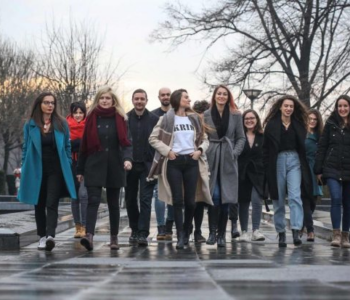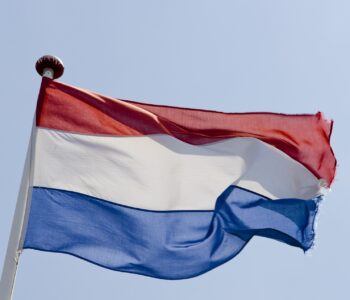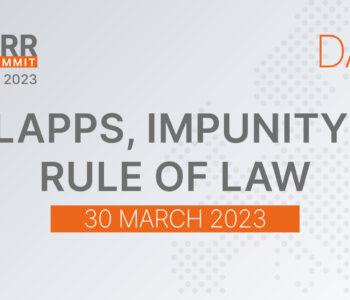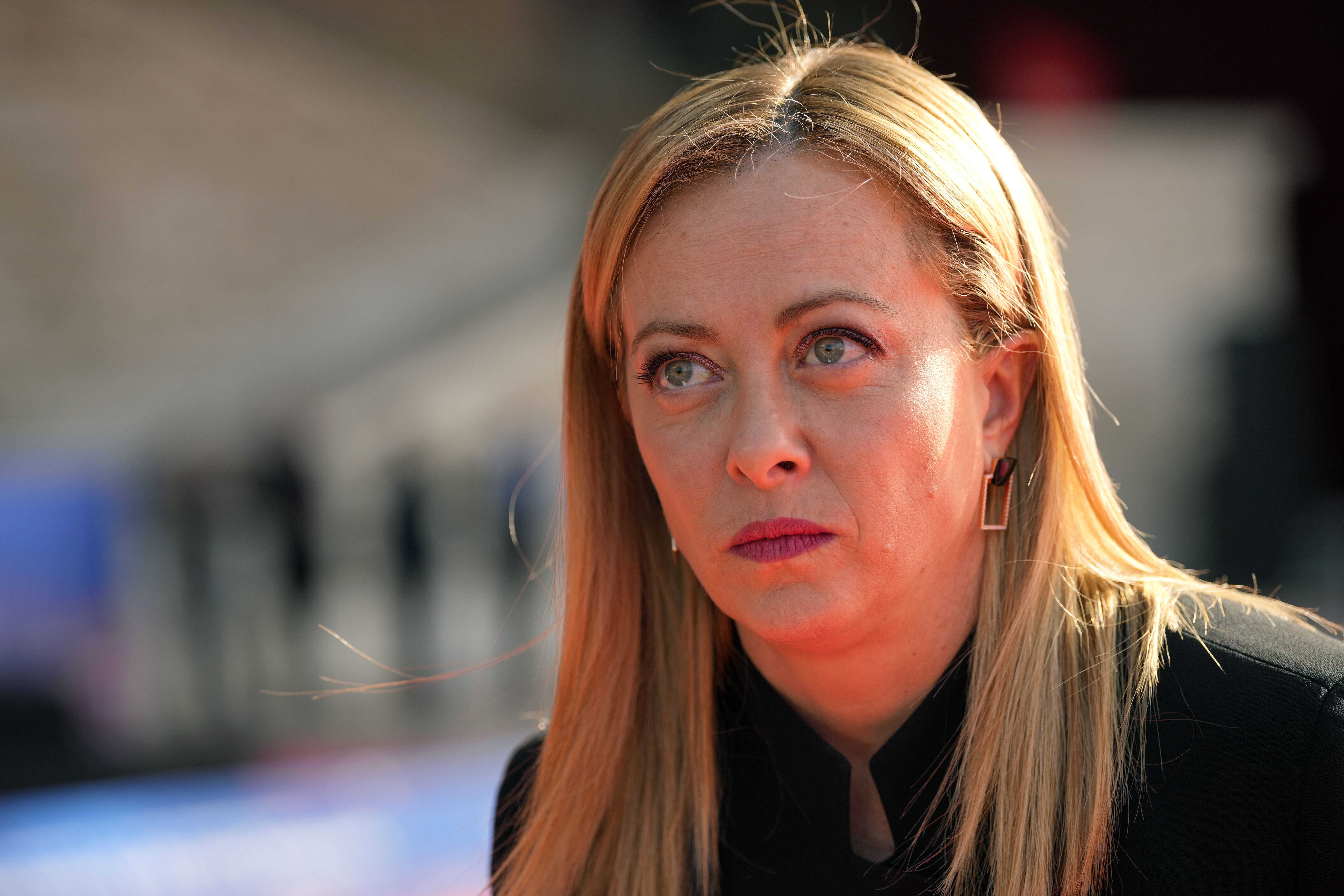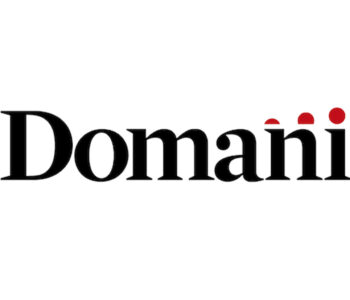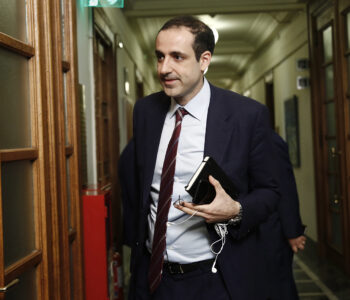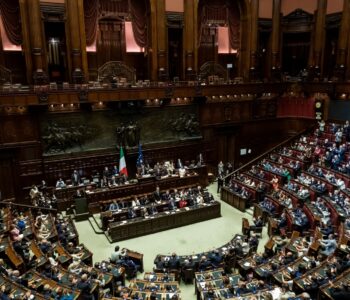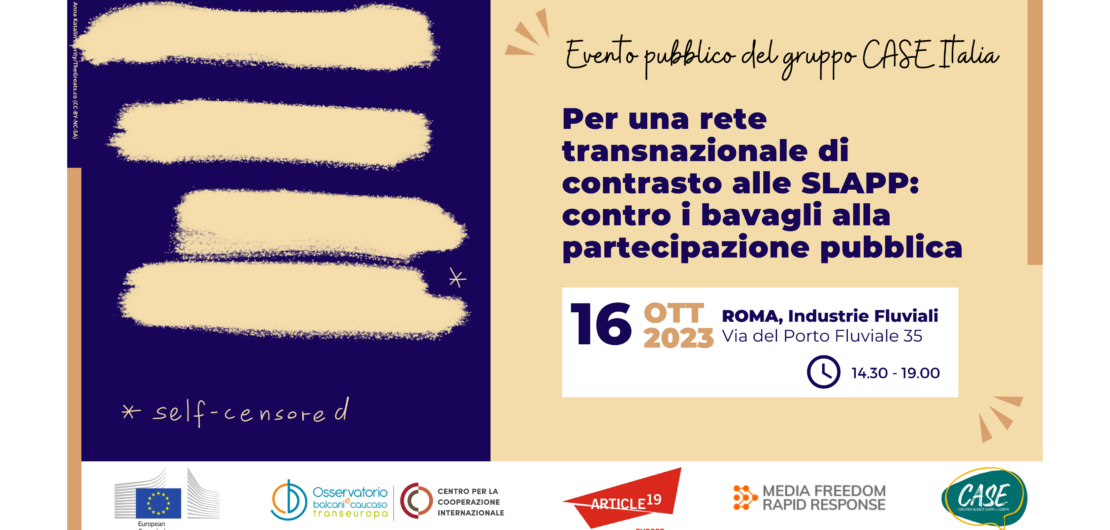 Library
Library
For a transnational anti-SLAPP network: Countering gags on public…
For a transnational anti-SLAPP network: Countering gags on public participation
On October 16, 2023, the first public event of CASE Italia dedicated to countering SLAPPs will take place in Rome. Speakers include journalists, activists, experts in the field, and representatives of a range of organisations advocating for freedom of expression.
SLAPPs (Strategic Lawsuits Against Public Participation) are a form of legal harassment affecting not only press freedom, but the right to freedom of expression of our societies as a whole. The goal of those who resort to SLAPPs is to inhibit public participation by silencing critical voices on matters of public interest. Organised on the sixth anniversary of the murder of the Maltese investigative journalist Daphne Caruana Galizia, the first public event of the CASE Italia working group aims at examining the impact of the SLAPP phenomenon in Italy, contextualise it in the European landscape, and offer recommendations so that journalists, activists, lawyers, and citizens can counter it.
The meeting is organised in two sessions. The first panel offers the chance to hear from journalists and activists targeted by SLAPP about their personal and professional experiences. The second panel is centred around a debate among a number of experts, such as media professionals, lawyers and activists, who will discuss specificities of the Italian context and the continuity with the broader European panorama, as well as possible proposals aimed at contrasting SLAPPs and at strengthening the European anti-SLAPP transnational network.
The event will take place in Italian.
Programme
14:30 – 14: 45 Registration
14:45 – 15:00 Introduction: Sielke Beata Kelner – Researcher and advocacy officer OBCT
15:00 – 16: 30 Panel: SLAPPs: voices and experiences from the field
Speakers:
Francesco Zambon – Whistleblower
Nello Trocchia – Domani journalist
Sara Manisera – Freelance journalist
Antonio Tricarico – Public and corporate finance campaigner ReCommon
Cecilia Anesi – Editor and co-founder IrpiMedia
Antonella Napoli – Freelance journalist
Moderator: Martina Turola – Head of Communication The Good Lobby Italia
16:30 – 17:00 Coffee break
17:00 – 18: 30 Roundtable: Countering SLAPPs: What can Italian civil society do to strengthen the transnational network?
Speakers:
Vittorio di Trapani – FNSI president
Linda Ravo – Liberties – Liberties lawyer and activist
Virginia Ripa di Meana – lawyer
Giulio Vasaturo – Articolo 21 lawyer
Marino Bisso – Rete No Bavaglio journalist
Moderator: Graziella Di Mambro – Articolo 21 journalist
18:30 – 18:45 Closing remarks: Roberta Taveri – Media Freedom Senior Programme Officer ARTICLE 19 Europe
Address: Industrie Fluviali – Via del Porto Fluviale, 35, Rome, Italy
Date: October 16, 2023 from 14:30 to 19:00
Participation to the event is free, but registration is required by October 14, 2023 via this link . The event will be live streamed via OBCT YouTube channel .
Through the initiative of Articolo 21 , the meeting is approved as part of the professional training courses directed to Italian journalists. For the recognition of credits, members of the Ordine dei Giornalisti must register on the dedicated platform .
This first CASE Italia event is co-organised by Osservatorio Balcani Caucaso Transeuropa and ARTICLE 19 Europe in the framework of the Media Freedom Rapid Response – MFRR project with the support of the Coalition Against SLAPPs in Europe – CASE.
CASE Italia
CASE Italia is an informal working group established in 2020, whose work is coordinated by Osservatorio Balcani Caucaso Transeuropa. The working group supports CASE in countering SLAPPs in Europe. In support of journalists, activists, whistleblowers, human rights defenders and others targeted by SLAPPs, our efforts are directed at exposing legal harassment and intimidation, and protecting the rights of those who speak out on matters of public interest. CASE Italia members are: Amnesty International Italia, ARTICLE 19 Europe, Articolo 21, Certi Diritti, Environmental Paper Network, Greenpeace Italia, Meglio Legale, OBC Transeuropa, The Good Lobby Italia, Transparency International Italia.
Contacts:


